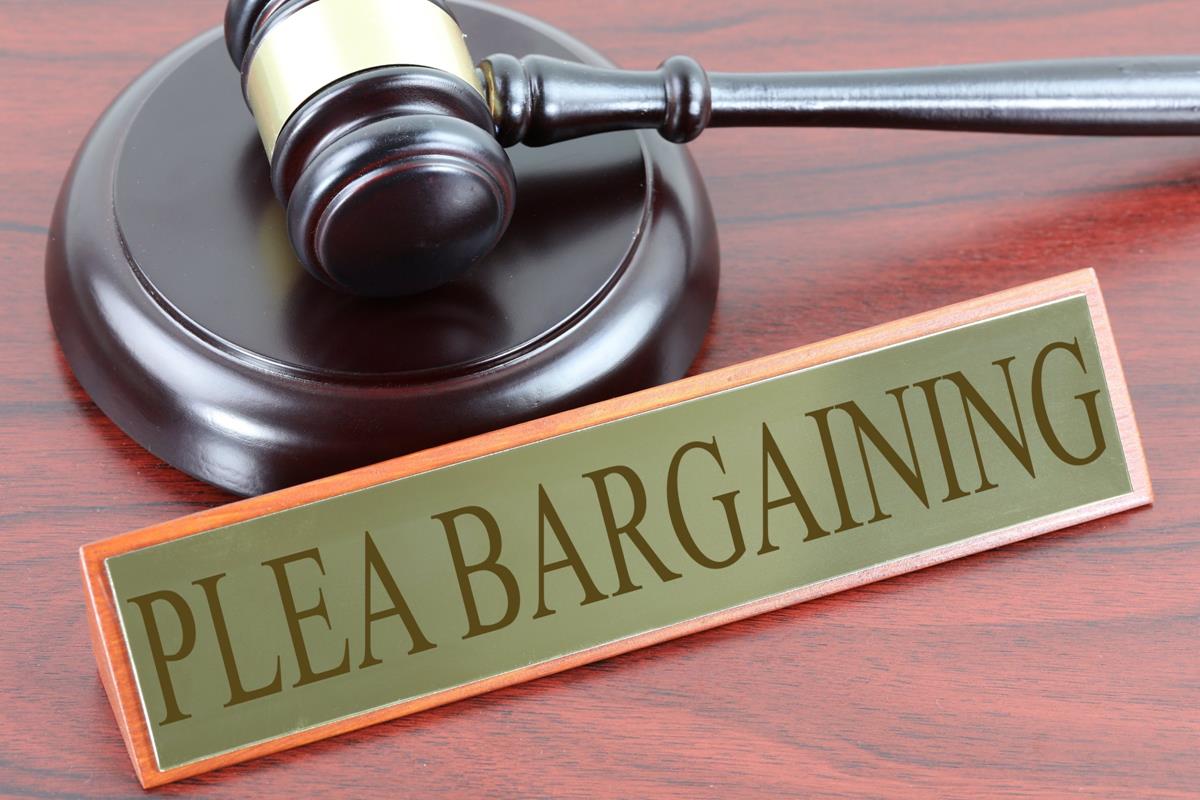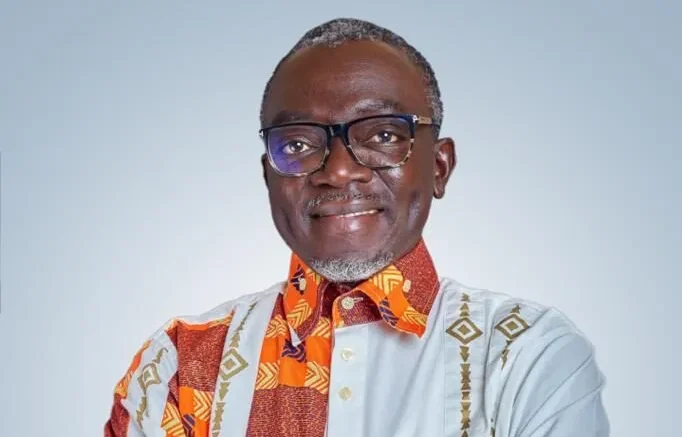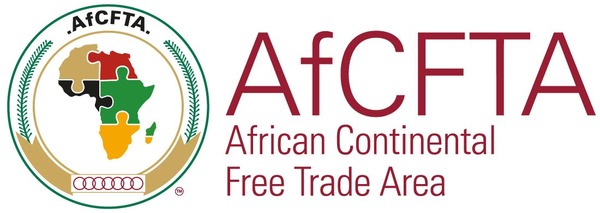Plea bargaining is a topic which has captured the imagination of the public following the allegation made by the third accused person against the Attorney General in the on-going trial of a former Deputy Finance Minister, and now leader of the Minority in Parliament, Cassiel Ato Forson.
Plea bargaining, even though a recent addition to the criminal justice system, has been a constant feature in criminal practice in other jurisdictions. I remember employing it some years back to the advantage of one of my infamous clients, the irrepressible ‘Killer Whale’, in a massive drugs trial at the Old Bailey Criminal Court in Central London.
Essentially it is the practice of negotiating an agreement between the prosecution and the defence, whereby the accused person (defendant in England) pleads guilty to a lesser offence or, in cases where he/she faces multiple charges, to one or more of the offences charged in exchange for more lenient sentencing or, in some cases, the dropping of all charges.
It’s a ‘quid pro quo’ situation, whereby both parties to the agreement, the prosecution and the accused person, benefit. The prosecution saves time and money by not having to endure a long and sometimes protracted trial while the accused person gets a reduction of charges or the dropping of charges altogether.
In England, sometimes the charges are dropped against a defendant if he/she agrees to turn Crown Witness for the prosecution if his/ her testimony is crucial in securing the conviction of others.
Plea bargaining has become a part of the Criminal Code of Ghana by the insertion of sections 162A through to 162R. The Chief Justice has issued a comprehensive Practice Directions to guide the application of plea bargaining in the criminal courts of Ghana.
Quite ironically, Justice Afia Serwaa Asare-Botwe (JA), the trial judge in the Ato Forson case, was one of the main contributors to putting together of the practice direction on plea bargaining.
Per the practice direction, plea bargaining in Ghana does not apply to some serious crimes, including, but not limited to, treason or high treason, rape, murder, an offence related to public elections etc.
Types
There are three types of plea bargaining: charge bargaining, sentence bargaining and non-prosecution bargaining. In charge bargaining, the prosecution may drop one or more charges in return for a guilty plea on the remaining charges.
Regarding sentence bargaining, a decision to plead guilty will lead to a reduction of sentence whilst in non-prosecution bargaining, charges may be dropped completely in the interest of justice, national security or public interest.
Negotiation
A plea bargain negotiation may be initiated by an accused person or a prosecutor who has to receive an authorisation from the Attorney General. A prosecutor, an accused person or his lawyer will have to notify the court when negotiations begin within seven days of the commencement.
If the parties reach an agreement, it should be put in writing and signed by both parties. The agreement should expressly indicate that the accused person was informed of his/her rights, the terms of the agreement, any admissions made by the accused person, etc.
The prosecutor shall file a copy of the agreement at court and also on the accused person and the victim, where applicable, within seven days. The court may accept or reject the agreement but it must give reasons if it is rejected.
In accepting the agreement, the court shall ensure that the accused agreed voluntarily and was of sound mind. In sentencing, the court is not bound by the agreement. The sentence resulting from a plea agreement is final and it is not susceptible to appeal even though an application can be brought to set it aside on stated grounds.
Plea bargaining is a welcome addition to the dispensation of justice as, not only does it save the state time and resources, but it substantially helps in reducing the prison population. I pray that it is deployed effectively to enhance our justice system.
The writer is a lawyer.
E-mail: georgebshaw1@gmail.com
















